-
×
 Hit Refresh: The Quest to Rediscover Microsoft's Soul and Imagine a Better Future for Everyone
1 × ₦15,000.00
Hit Refresh: The Quest to Rediscover Microsoft's Soul and Imagine a Better Future for Everyone
1 × ₦15,000.00 -
×
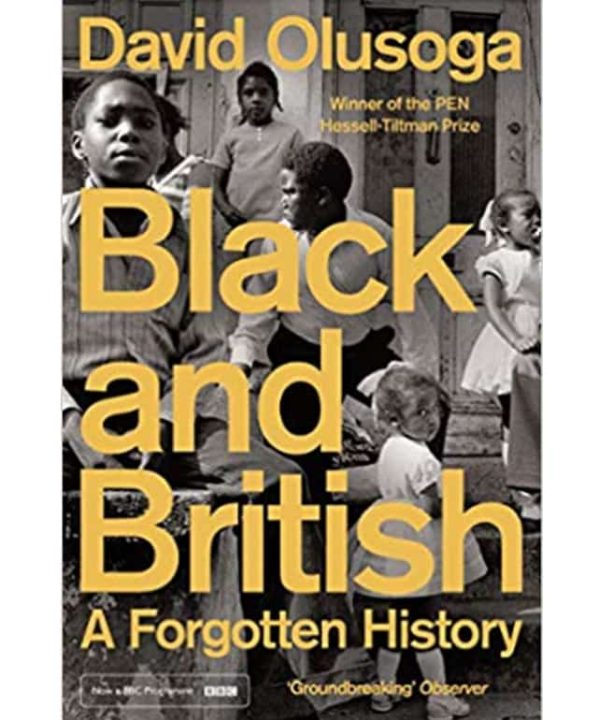 Black and British: A Forgotten History
1 × ₦20,000.00
Black and British: A Forgotten History
1 × ₦20,000.00 -
×
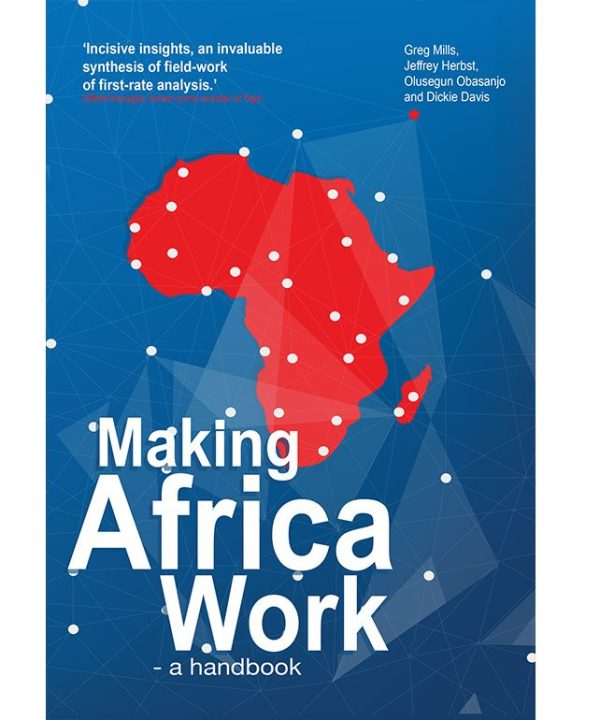 Making Africa Work: A Handbook
1 × ₦7,500.00
Making Africa Work: A Handbook
1 × ₦7,500.00 -
×
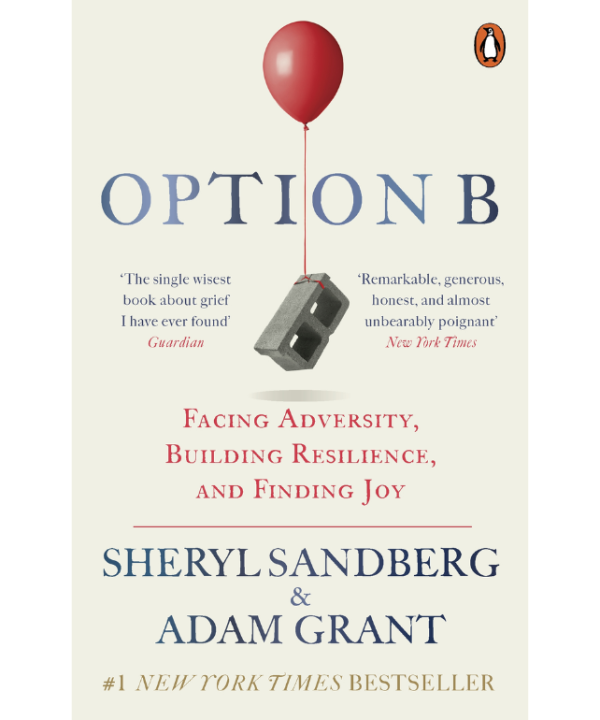 Option B: Facing Adversity, Building Resilience, and Finding Joy
2 × ₦17,500.00
Option B: Facing Adversity, Building Resilience, and Finding Joy
2 × ₦17,500.00 -
×
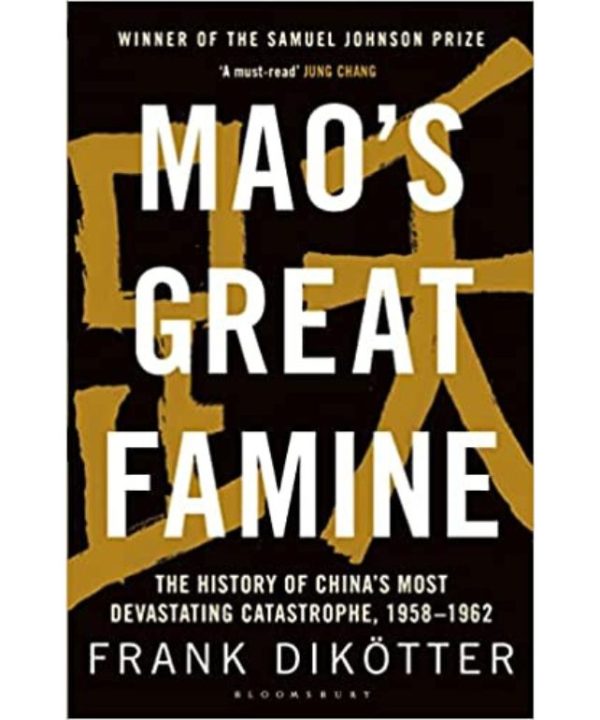 Mao's Great Famine: The History of China's Most Devastating Catastrophe
1 × ₦23,000.00
Mao's Great Famine: The History of China's Most Devastating Catastrophe
1 × ₦23,000.00 -
×
 Kissinger: 1923-1968: The Idealist
1 × ₦28,000.00
Kissinger: 1923-1968: The Idealist
1 × ₦28,000.00 -
×
 What Lies Beneath Adorable
1 × ₦2,000.00
What Lies Beneath Adorable
1 × ₦2,000.00 -
×
 Gay Girl, Good God: The Story of Who I Was, and Who God Has Always Been
1 × ₦30,000.00
Gay Girl, Good God: The Story of Who I Was, and Who God Has Always Been
1 × ₦30,000.00 -
×
 I Made it Through
1 × ₦2,500.00
I Made it Through
1 × ₦2,500.00 -
×
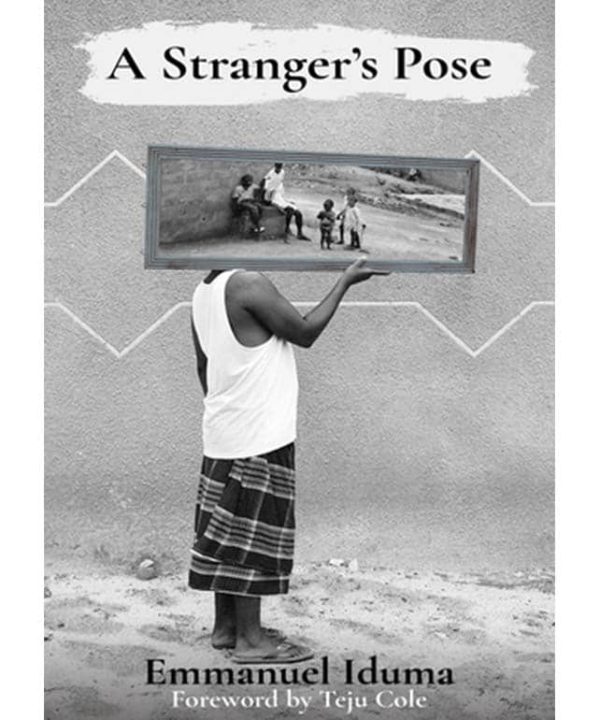 A Stranger's Pose
1 × ₦9,000.00
A Stranger's Pose
1 × ₦9,000.00 -
×
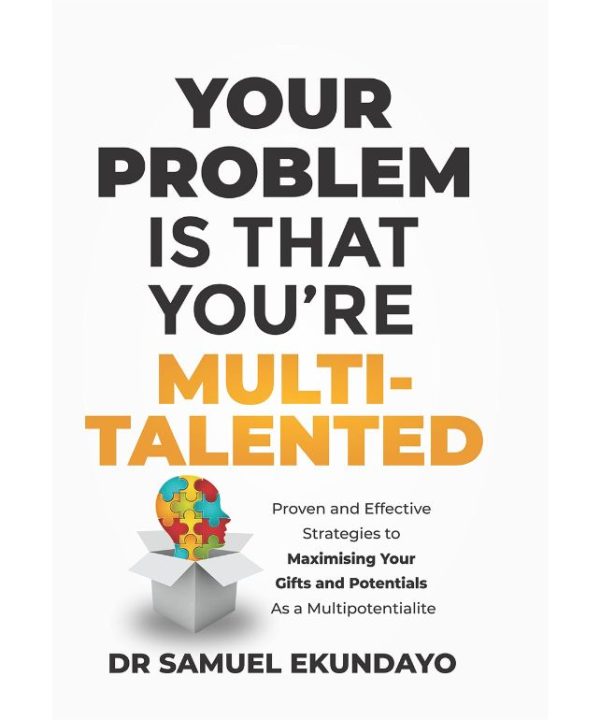 Your Problem is That You're Multi-talented
1 × ₦5,000.00
Your Problem is That You're Multi-talented
1 × ₦5,000.00 -
×
 UNCOVERED! The Naked Road From Timid Girl to Confident Woman
1 × ₦6,000.00
UNCOVERED! The Naked Road From Timid Girl to Confident Woman
1 × ₦6,000.00 -
×
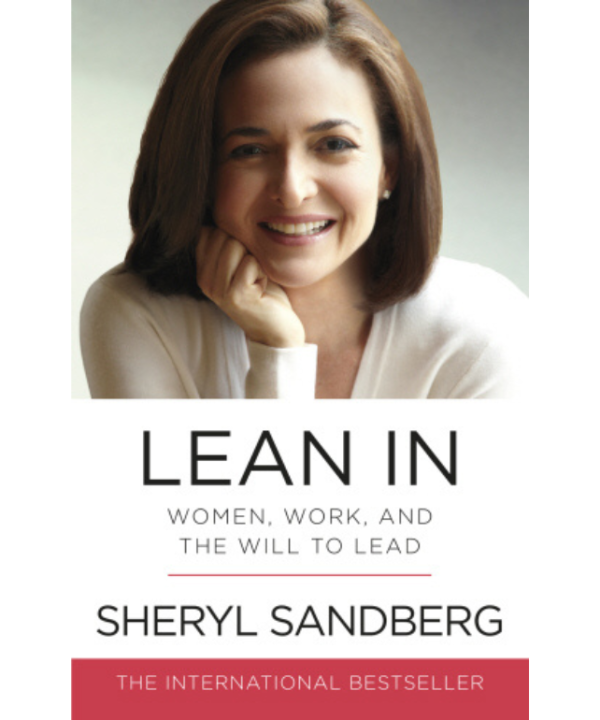 Lean In: Women, Work, and the Will to Lead
1 × ₦10,000.00
Lean In: Women, Work, and the Will to Lead
1 × ₦10,000.00 -
×
 Enemies And Neighbours: Arabs And Jews In Palestine And Israel, 1917-2017
1 × ₦25,500.00
Enemies And Neighbours: Arabs And Jews In Palestine And Israel, 1917-2017
1 × ₦25,500.00
You may be interested in…
-
Add
 Getting Mentorship Right
Rated 5 out of 5₦5,000.00
Getting Mentorship Right
Rated 5 out of 5₦5,000.00 -
Add
 Purpose in Crisis
Rated 5 out of 5₦5,000.00
Purpose in Crisis
Rated 5 out of 5₦5,000.00


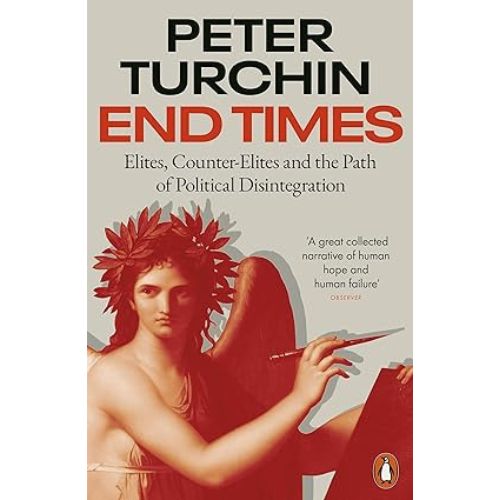



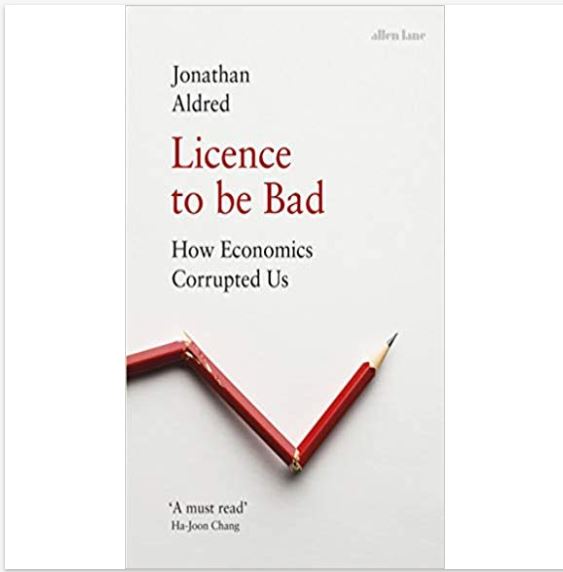


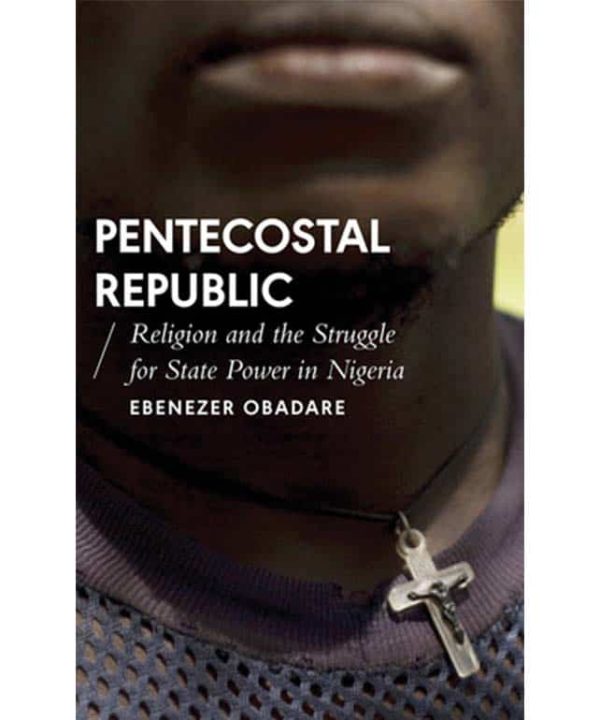
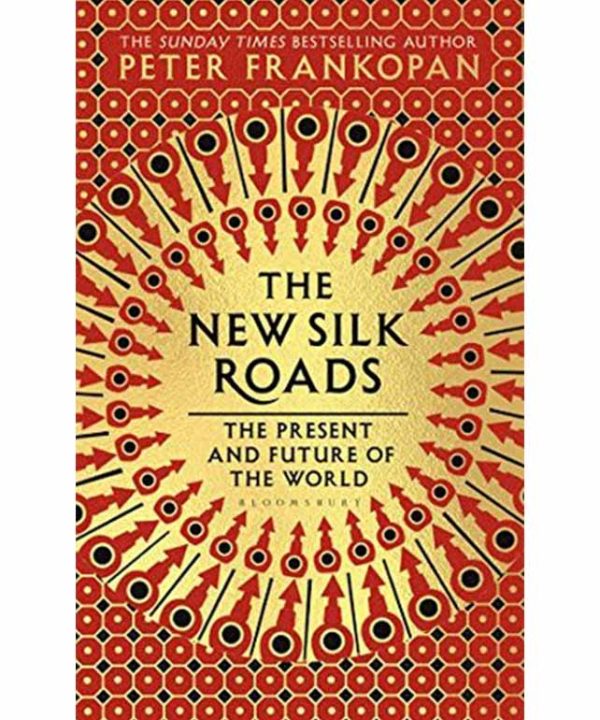
Reviews
There are no reviews yet.